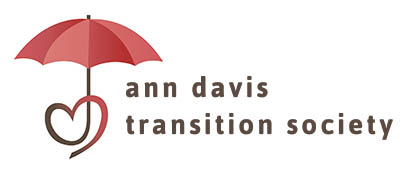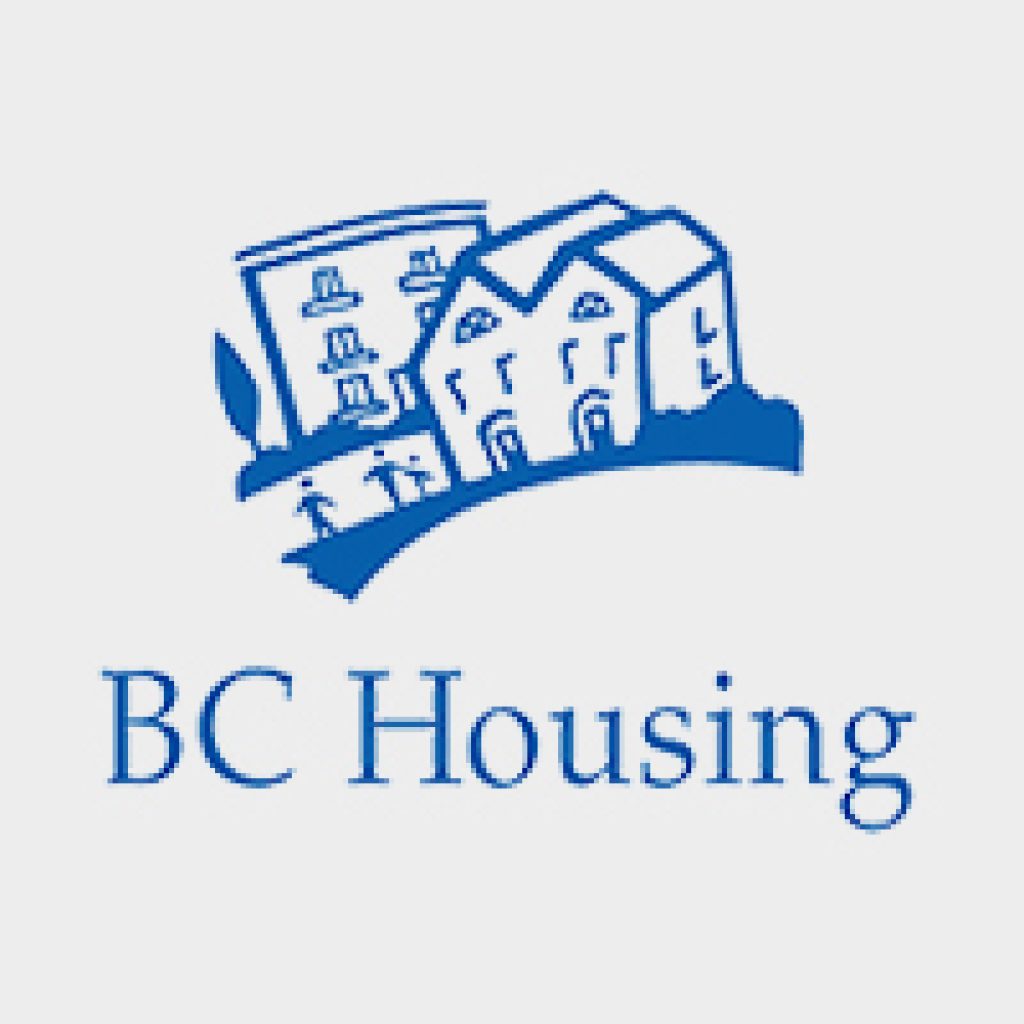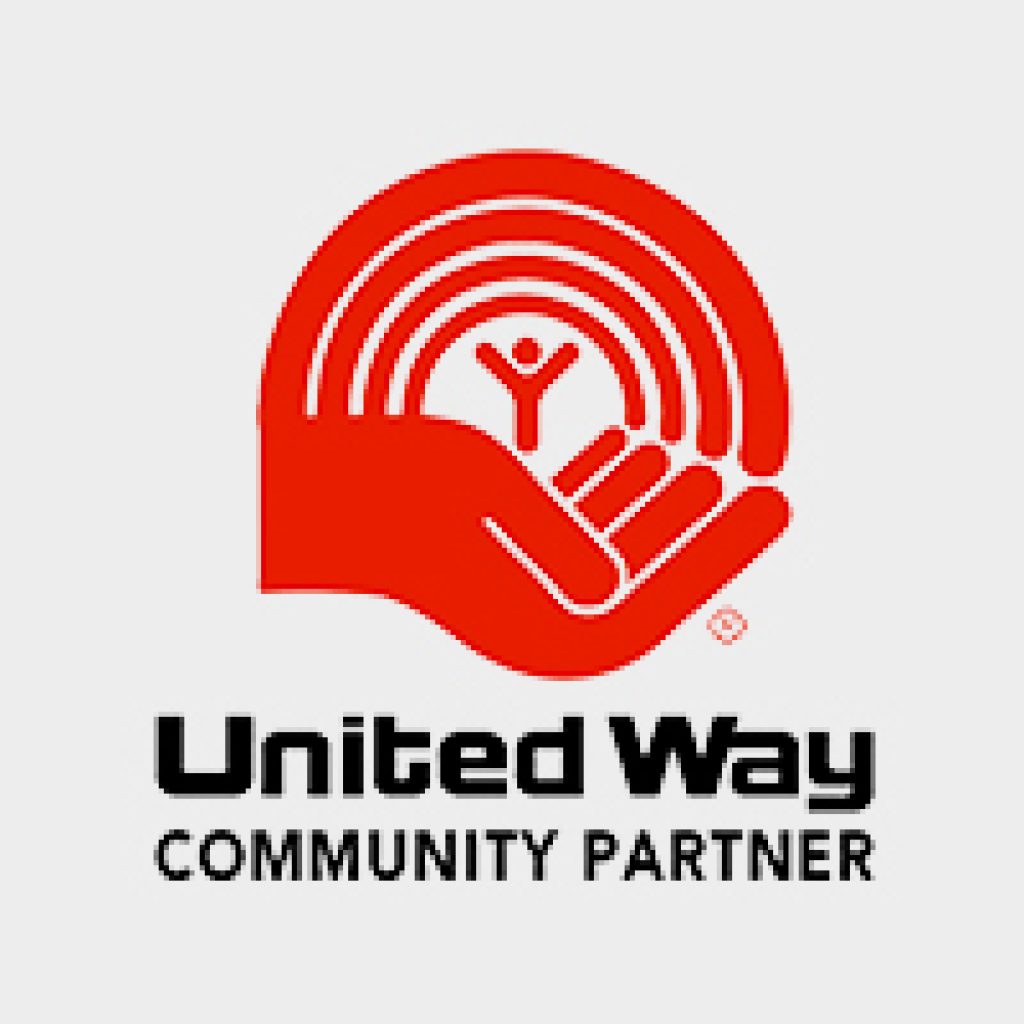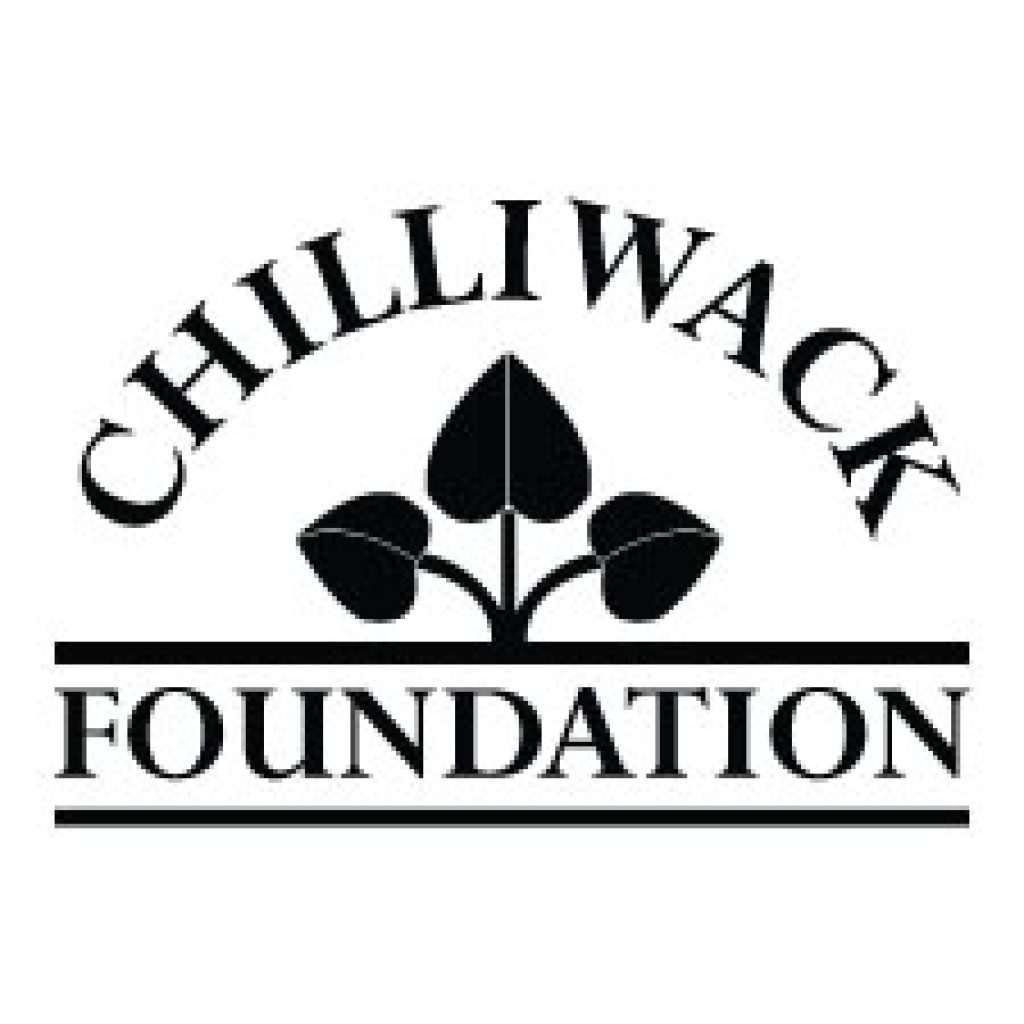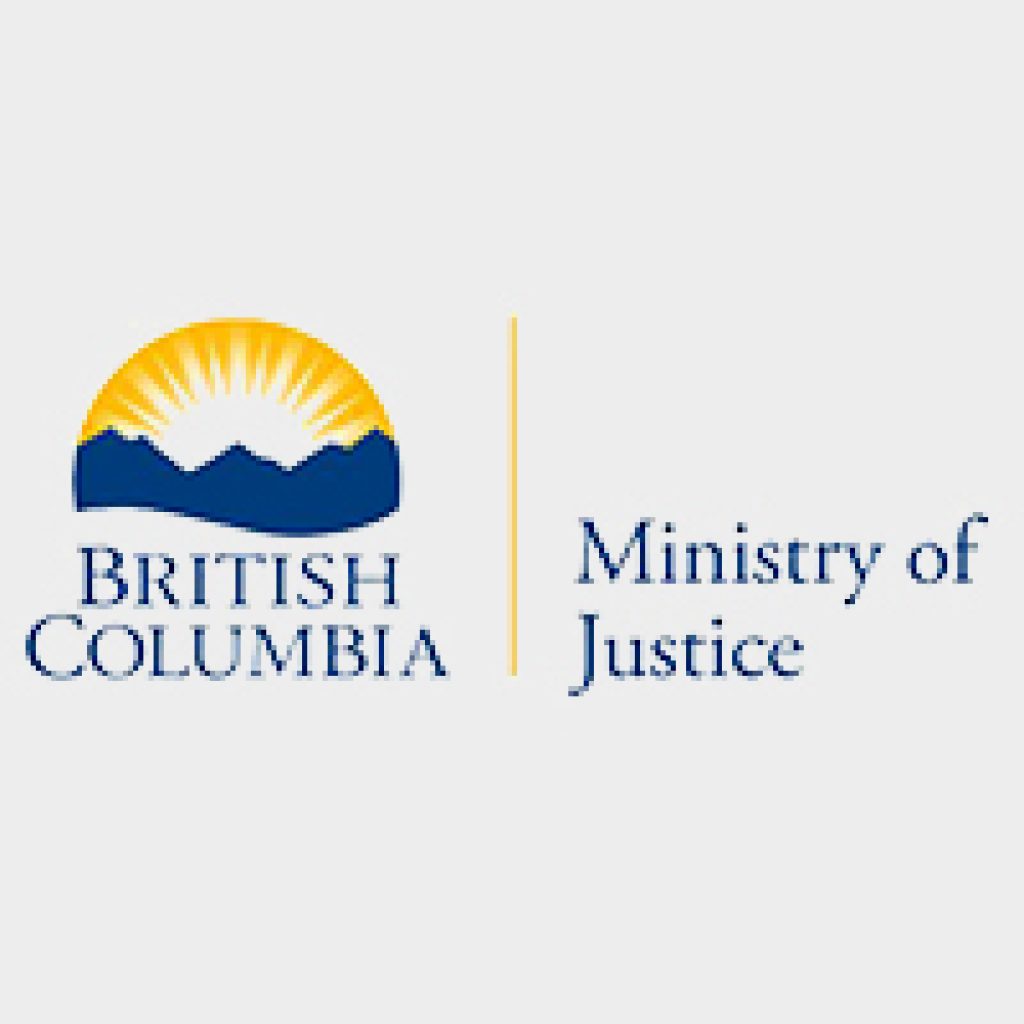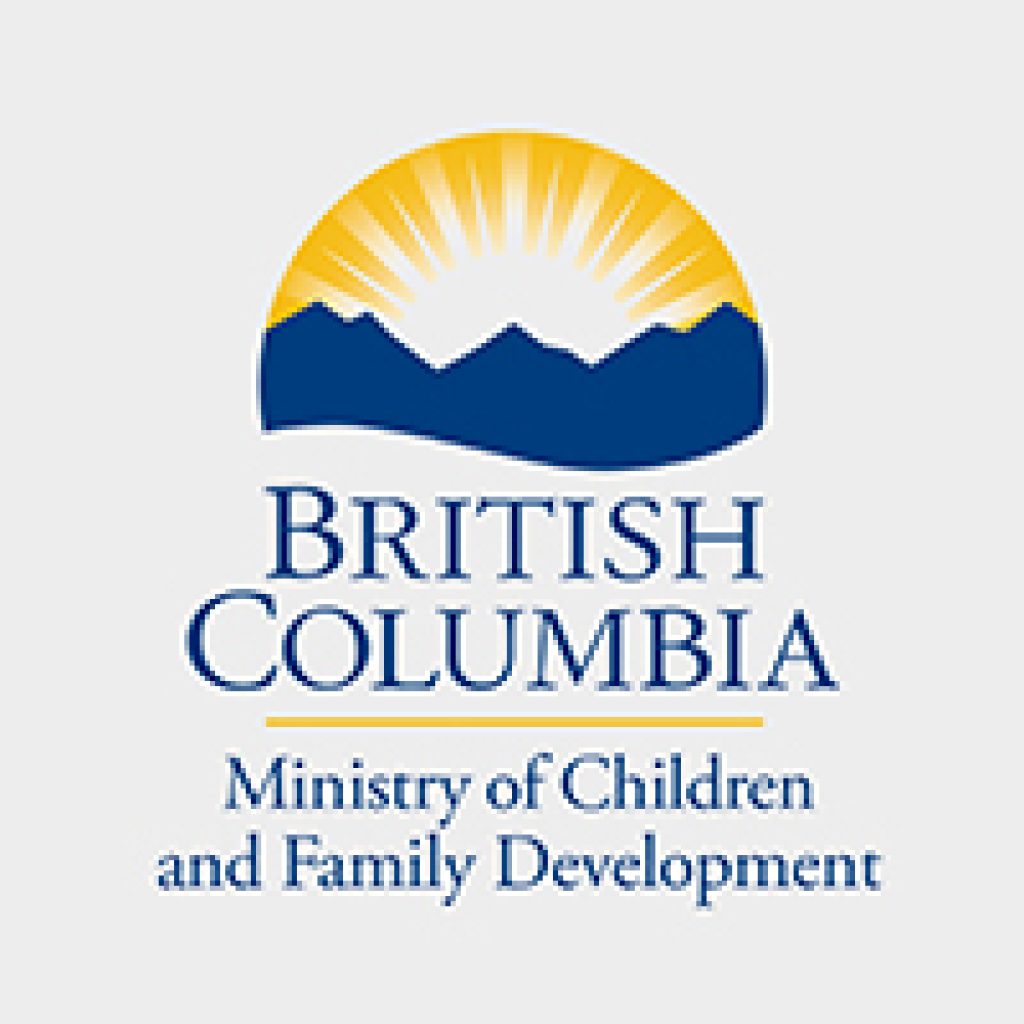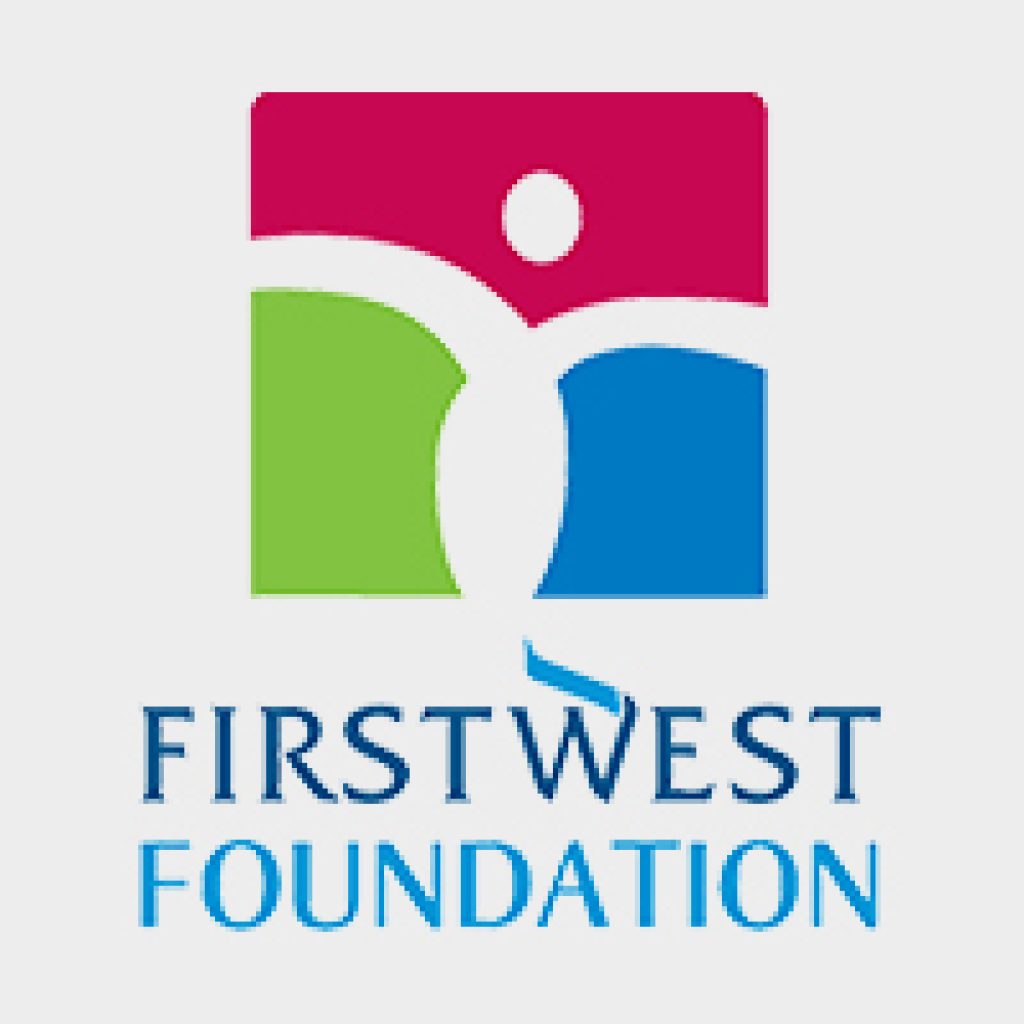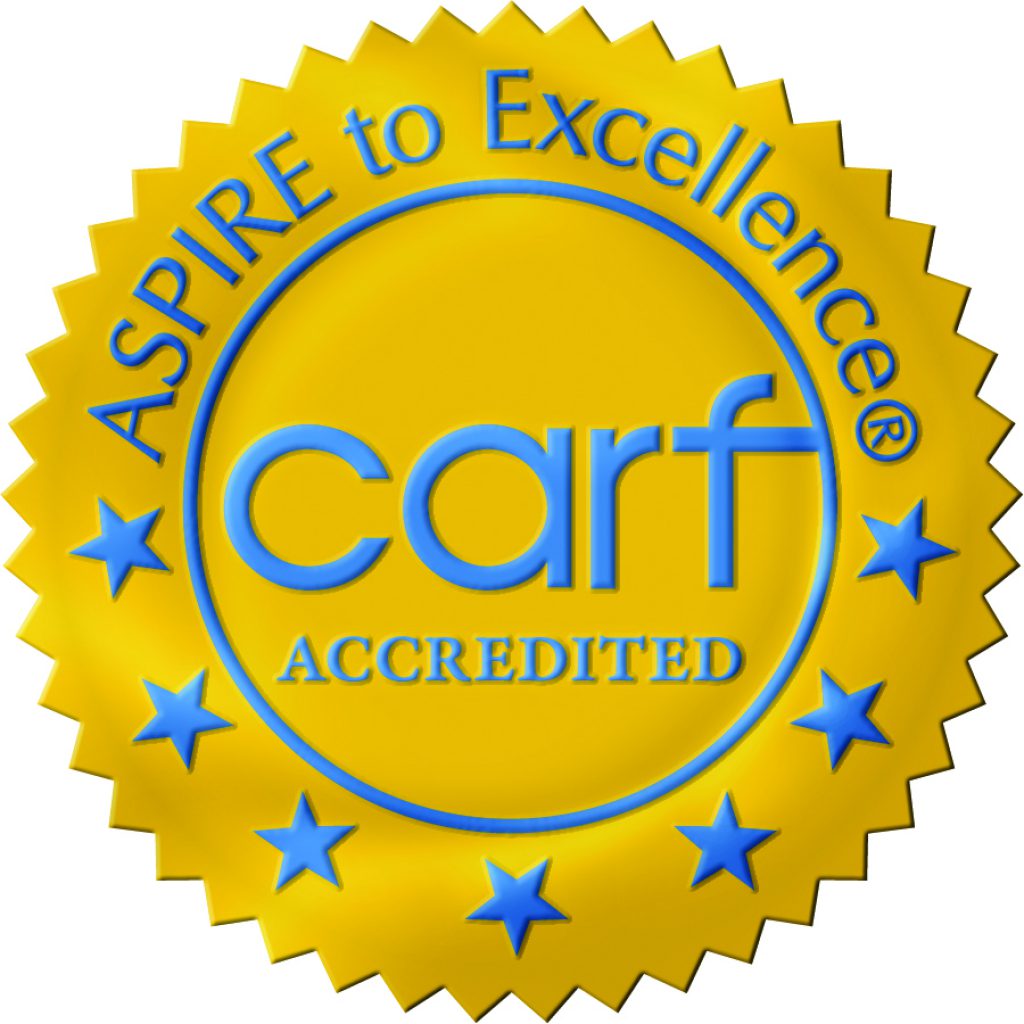Welcome to Building Healthy Relationships
Based on well researched principles, these workshops are designed to help couples to communicate and manage conflict more effectively. With the assistance of trained professionals, couples will learn and practice listening, speaking, and conflict resolution skills in a safe and comfortable environment. (Note: couples choose the content of the issues discussed so they can control confidentiality.)
The Building Healthy Relationships workshops are unlike any other being offered to the public at this time. Professional counsellors trained in Marriage or Family Therapy lead the discussions, while couples are provided with individual facilitators to work directly with the couples in practicing the skills. All this is offered for less than 1/2 the cost of what similar workshops are offered at.
Workshops
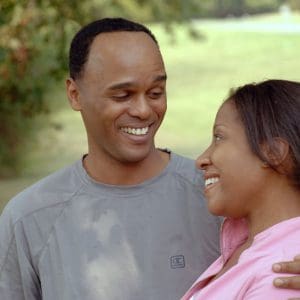
Couples Communication
Based on well-researched principles, this workshop is designed to help couples communicate and manage conflict more effectively. The workshop is 8 hours and runs Friday evening from 6pm-8pm. This particular workshop focuses on how we communicate with each other and how hearing and listening are vastly different. We suggest that this be the first workshop that couples participate in as it builds basic tools which are needed for our “Conflict Resolution” workshop.
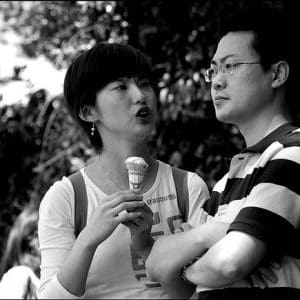
Conflict Resolution
This workshop is designed to be a follow up to our first workshop, “Couples Communication”. This workshop is 10 hours long and runs on Friday night from 6pm – 8pm. Based on the research of the world’s leading expert on marriages, Dr. John Gottman, you will go deeper into exploring the impact that each individual in the relationship can have. Dr. Gottman’s research spans over 35 years and his findings and techniques have been shown to be effective in various relational situations.

Enhancing Intimacy
This workshop is based on Dr. Sue Johnson’s empirically validated “Emotional Focused Couples Therapy”. It is designed to help couples understand each other’s needs & emotional language to allow a deeper connection. Often the root of conflict & disconnection are ummet/misread needs.
You will learn:
- How your thinking and feeling affect your behaviours
- How your view of your partner can affect your relationship
- How to have a “positive sentiment override”
- How to “turn towards” your partner and “bids for affection”
- How to soothe yourself and your partner
- The “4 Horse men” of relationships
- How do I listen personally?
Course content includes:
- Understanding our patterns for meeting needs in relationship
- Steps for increasing emotional safety in relationship
- Learning the joys of becoming accessible, responsible and engaged
Building Healthy Relationships Workshop Dates
9046 Young Rd, Chilliwack BC V2P 4R6
- Please check the calendar of events for start dates.
History of Building Healthy Relationships (BHR)
(adapted from an article by Dr. Rob Lees)
Rationale for BHR
Healthy parental relationships and marriages contribute to the well being of all family members, children, parents and even grandparents. This in turn contributes to community health.
The field of health promotion has demonstrated the link between social determinants and physical health. Although considerable public debate has focused on same sex marriage and to a lesser degree issues related to divorce, there is no similar discourse related to marital and couple quality, despite it’s known implications for health. Recently the American Government, through its Department of Human Services, has launched a five year, half a billion dollar, Healthy Marriage Initiative. No similar program exists in Canada.
There are complex explanations for this problem. In part, marriage and couple education may be associated with ideas of traditional male dominance in a society that has been coming to terms with the violence against women hidden in this agenda. As well, there was the problem that promoting healthy marriage could contribute to stigma or a sense of inferiority in other family structures, such as single parent lead homes or gay and lesbian relationships. For this reason, academics and researchers have stayed away from the topic. At the recent International Union for Health Promotion and Education (IUHPE), funded and supported significantly by Health Canada and Canada’s Public Health Agency, with Co- Chair Dr. David Butler- Jones, Chief Public Health Officer of Canada, among literally hundreds of presentations on the determinants of health, not one addressed marital health.
The issue may as well be much deeper than these sensitivities. Over 50 years ago, David Mace, the founder of The Association of Couples for Marriage Enrichment, wrote about “the myth of naturalism” and the “inter-marital taboo”. Mace suggested that when life spans were shorter and marriages held together through economic and social pressures, marriages would survive naturally. There would be no need for education. As well, he described a taboo in families related to passing on accurate information about what makes relationships work.
The Ottawa Charter (1986) on Health Promotion held out five principles for health promotion, three of which relate directly to the marriage education activities of the Building Health Relationships Program (BHR); creating supportive environments, developing personal skills, and strengthening community action.
What Is the Building Healthy Relationships?
It is a community based consortium of agencies, churches, universities and individuals concerned about promoting healthy couple relationships through evidence based couple and marital education.
The Building Healthy Relationships program began in Chilliwack through the support of The Ministry for Children and Family Development, The University College of the Fraser Valley (UCFV), Trinity Western University, Ann Davis Transition Services, Chilliwack Community Services, a representative of private therapists and several churches, including the Salvation Army, United Church, Sardis Community Church, the Church on the Southside and Heartland Fellowship. Two of the pastors were on publicly elected entities, namely the Chilliwack School Board (Ken Byl) and Chilliwack City Council (Sharon Gaetz). These members therefore wore “two hats” on the committee.
Since 1998, both UFV and TWU have offered support for the courses, at time with facilities and other times interns who assist course presenters, acting as coaches for couples. Ann Davis Transition Society has provided staff leadership and facilities, too. Given the contributions from these organizations, all fees have been used to purchase supplies, advertise the program and keep it self-sustaining.
The BHR board has been an example of sustained community action. The programs develop personal skills related to communication and conflict resolution and the outcomes, attested by two MA Thesis’ on the program.
The effectiveness of the BHR program has been proven to build supportive environments through marriage education.
Future Goals of the Building Healthy Relationships:
- Raise community awareness of the need to improve couple and marital quality
- Increase the number of couples seeking relationship education
- Build community action for healthy family relationships
- Study relationship and health outcomes of couples attending BHR courses
